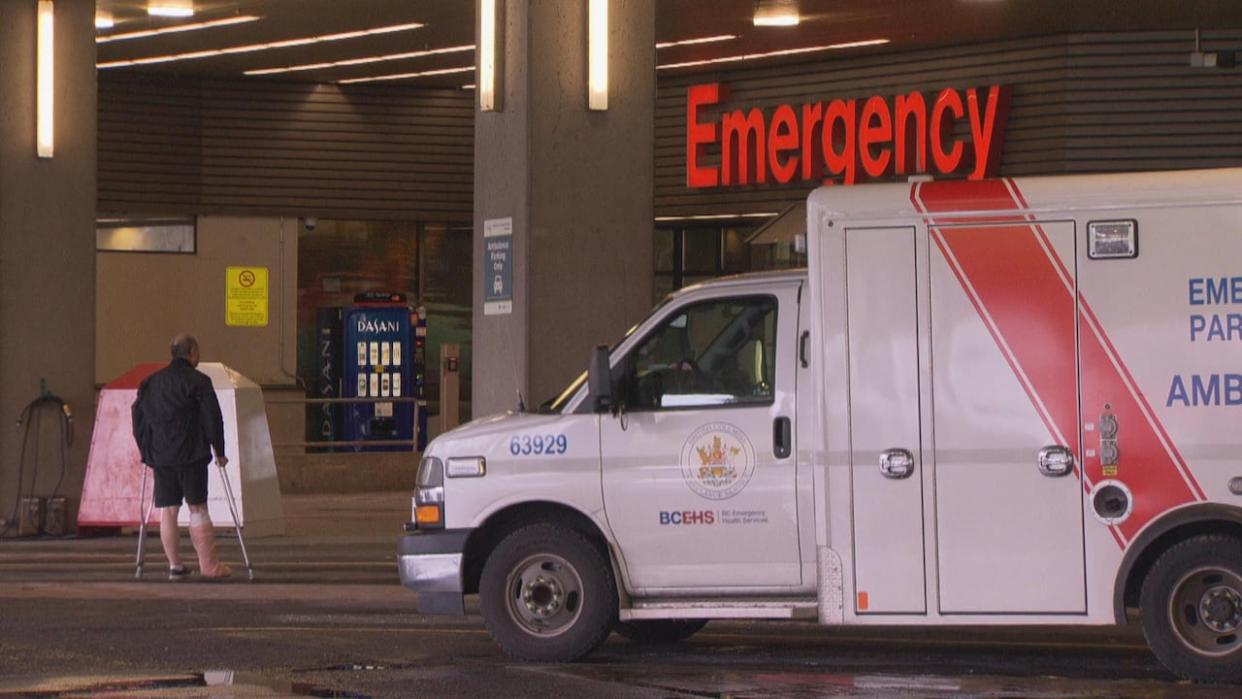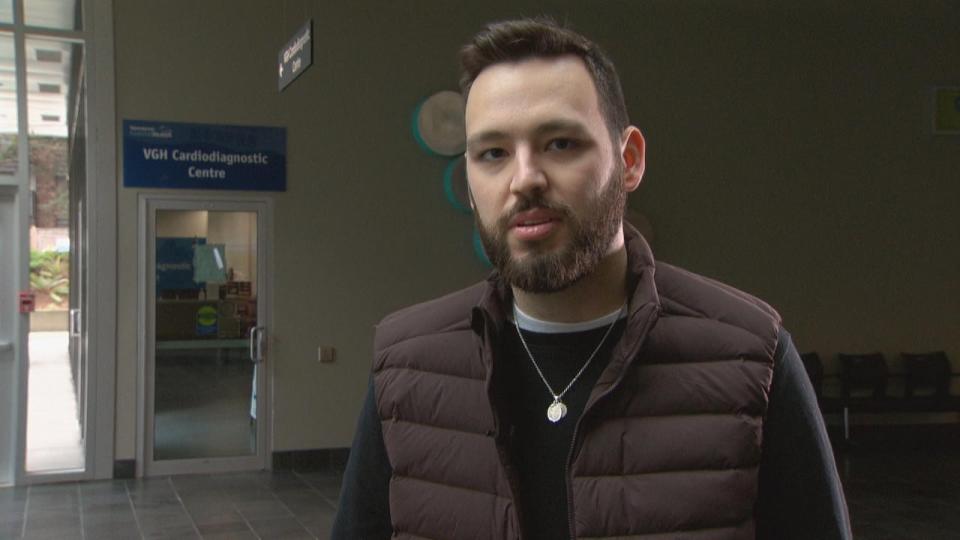Urgent action needed to fix emergency care, medical students say

- Oops!Something went wrong.Please try again later.
British Columbia needs to bolster primary care in order to ease "chaotic" and "unsafe" conditions for doctors and patients in emergency rooms, according to a recent report by a group of University of British Columbia (UBC) medical students.
The doctors-to-be say they are questioning the future of medicine after interviewing emergency physicians across the province for the report they prepared as members of UBC Medicine's provincial advocacy committee (PAC).
The report is the latest edition of an annual publication by the PAC exploring issues facing the B.C. health-care system, including toxic illicit drugs, homelessness and universal contraception access.
"As a medical student, it's very interesting to witness how the emergency department works and how chaotic it can really be… where physicians who are trained to manage this type of care are now saying that it is too chaotic and congested and unsafe," said report co-author Preet Gandhi, a third-year medical student at UBC.
"That means it's time for action now."
The report, entitled "Enough Waiting: A call to resuscitate B.C. emergency departments," highlights the effects of the conditions on front-line medical staff, citing a 2022 study that showed more than 14 per cent of emergency physicians in Canada have contemplated suicide and nearly 90 per cent met at least one criterion for burnout.
After speaking with doctors, health-care workers and other stakeholders, the authors of the report concluded that action should begin outside hospital doors by making primary care more accessible.
The students noted recent research showing that emergency room patients in B.C. have more complex medical backgrounds than two decades ago, and nearly half are driven there because they couldn't access a family doctor.
It recommends incentivizing family doctors to accommodate same-day urgent appointments and seeing patients in off-hours, with the aim of keeping emergency rooms clear for the highest acuity patients.
The PAC also recommends increasing the number of the province's urgent and primary care centres, boosting support and transportation for patients in rural areas, and introducing more mental health and substance use services in the community to keep people out of hospital.
"The individuals that do end up in the emergency department are disproportionately there because they are from marginalized identities or marginalized experiences," said co-author Sebastian Lopez Steven, a second-year medical student at UBC.
He said solutions should start in the community "so that the emergency department doesn't have to become a safe haven for six hours and then [patients are] put back out into a community that is not really that equitable."

Second-year medical student Sebastian Lopez Steven is a co-director of the UBC Medicine Undergraduate Society's political advocacy committee. (CBC)
Lopez, Gandhi and several other students travelled to Victoria to meet Health Minister Adrian Dix on March 4, as well as representatives from other political parties, as part of a week of advocacy by the PAC.
In an unrelated news conference on Sunday, Dix said it was a pleasure to meet with the students and that the province is already working toward many of the recommendations they have made.
"It is a very inspiring thing to see future doctors being involved in making our health-care system stronger," Dix told reporters in Vancouver.
"I think they've got great suggestions and, absolutely, we will look at anything they bring forward because they are seeing the front lines of the health-care system with fresh eyes."
Lopez said it was reassuring that Dix and others took the time to listen.
However, he says he worries the health-care system will lose many more doctors — present and future — if the province doesn't do everything possible to alleviate pressure and improve patient care.
"I'm quite hopeful about the fact that there's a lot of peers around me that are very interested in making change," Lopez said.
"I think some of the concerns we have about that is just whether our ability to be able to do that into the future is going to be a little bit hampered by how stressful the health-care system could be."

